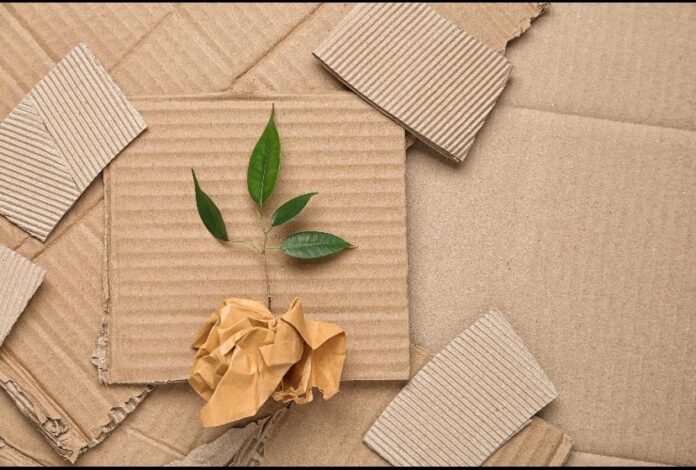A couple of years back, Al-Qaeda backed terrorist organization Al-Shabab1 banned the use of plastic bags in Somalia! That should have been the tipping point for the world to get with the program and implement the ban on single-use plastic.
Facts about plastic packaging
United Nations claims2 that there are 10 million or 1 crore plastic bags being made every minute, in visual terms, you can create a plastic bag chain once around the world every 10 minutes.
Only 14% of all plastic is recycled according to World Economic Forum (2016). Most of the plastic waste is either lying inside land-fills or has ended up in the ocean. More than 80% of all marine debris4 is plastic, more than 600 marine species out of which 15% are endangered are negatively affected by this pollution.
According to Natgeo3127 countries have already implemented steps towards the banning of plastic bags, India has banned plastic bags below 50 microns in 2016 and is increasing this to 120 microns5 from September 30, 2021. On the basis of these bans the sustainable packaging industry is growing at break neck speed.
What is Sustainable Packaging?
Sustainable packaging is the kind of packaging that has minimum or no environmental impact. All raw materials used for manufacturing of said packaging are 100% eco-friendly, bio-degradable/compostable, and are based on renewable sources. There are various kinds of packaging being explored as sustainable but some are just an eye-wash in the pre-text of being environment friendly.
Compostable/Oxy-Degradable Plastic
Compostable plastic and Oxy-Biodegradable plastic are made from corn and potato starch. This type of plastic is all the rage these days however the United Nations disputes their claim of being garden-compostable2.
Oxy-biodegradable bags have been banned in India as they did not degrade as claimed. United Nations claims that compostable plastics also only compost at 50°C which is not achievable in all environments. Compostable Plastic bags are still allowed to be used in India.
Since compostable plastic bags cost around 3x of normal plastic bags there is rampant mixing of non-compostable, regular plastic with compostable bags, calcium carbonate is also being mixed with compostable plastics to increase their weight and provide an extra buck to manufacturers.
Paper & Pulp-molded products
The easiest and probably the cheapest alternative to plastic packaging is paper.The biggest misconception over the use of paper is that deforestation is a big side-effect of this. However, India leads the world in manufacturing of Agricultural Waste based and 100% recycled paper.
With formation of global bodies like FSC and PEFC which keep a strict check on the chain of custody of raw-materials used for manufacturing of all kinds of paper ensuring that all paper being made in the world is by responsibly sourced leading to the deforestation rate going down by 100% in the last decade6
Many paper mills in India have also got their own plantations to source virgin fibres, apart from that, with domestic innovation in paper technology we have been able to make 100% recycled paper which is not only as strong as virgin-paper but also has a better look and feel to it.
Case Study
Sustainable Packaging Case Study
Adeera Pack: Leaving Positive Footprint through Sustainable Practices and Products
An enterprise with a cause, Adeera Packaging Private limited has been spearheading the revolution of sustainable packaging in India for years now. The company started as Urja Packaging in 2012, transitioning into Adeera Pack in 2019.
They are the largest manufacturers and suppliers of paper bags, pouches/lifafas, and carry bags, catering to grocery outlets, pharmacies, retail shops, and wholesale outlets for individual use. Their USP for sustainability:
•The company uses 100% recycled and agro-based material for producing packaging materials.
•They have replaced chemical ink with water-based, food-grade ink for printing on the bags.
Adeera Packaging Private Limited has introduced novel sustainable practices, boosting the eco-packaging industry in India through ideation and implementation of innovative business and marketing strategies. Fuelled by its passion to save the environment, the company strives forward in its quest to accelerate mass consumption and acceptance of sustainable packaging.
Concluding Thoughts
If the present plastic waste trends continue, by 2050 our oceans would have more plastic than aquatic animals. The landfills would be brimming with more than 12 billion tons of waste, contaminating the air, soil, and water bodies. Nevertheless, with collective effort and awareness, the damage can be reversed. Sustainability is the key to the survival of the human race and the planet. It’s high time we acknowledge the present crisis and embrace environment-friendly practices. Sustainable packaging is just many ways we can initiate that change, contribute to a better and greener future




